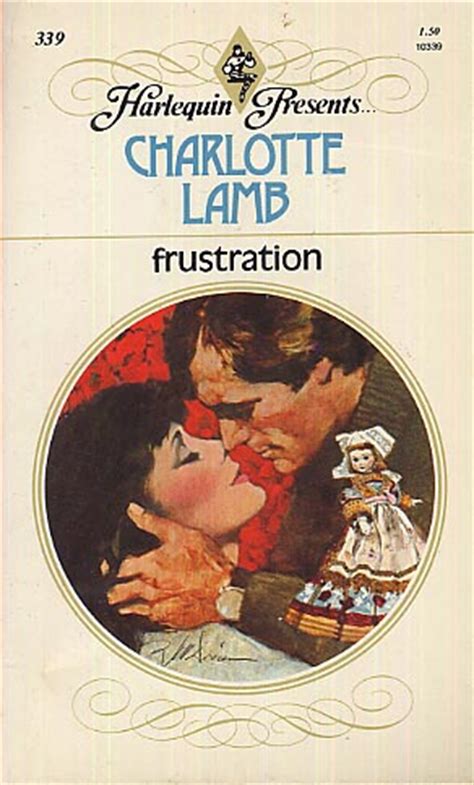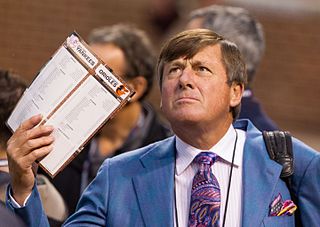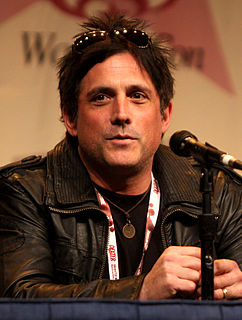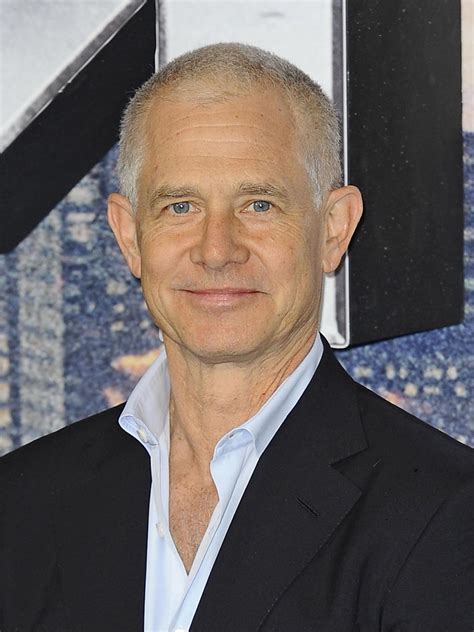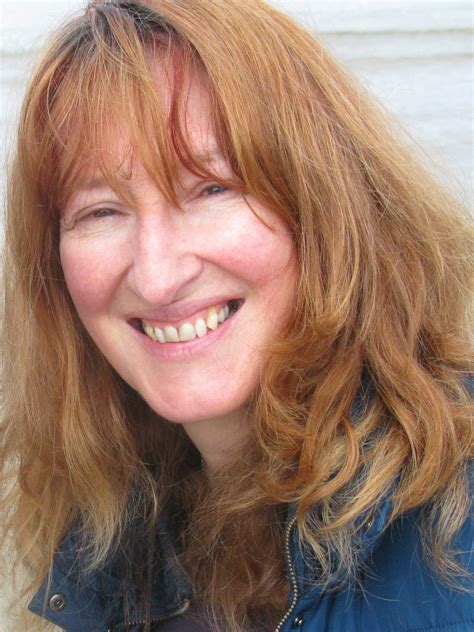A Quote by June Jordan
The first function of poetry is to tell the truth, to learn how to do that, to find out what you really feel and what you really think.
Related Quotes
Sometimes I don't tell the truth, which is telling the truth about not telling the truth. I think people don't tell the truth when they're afraid that something bad's going to happen if they tell the truth. I say things all the time that I could really get into trouble for, but they kind of blow over.
I really can't tell other people how to live their life or how to approach different things. What I can tell them - and I truly believe this, I don't think it's being naïve and I don't think it's being in denial - I really believe that the way you think influences the way you feel, and the way you feel influences the way you act.
I don't really identify with America, I don't really feel like an American or part of the American experience, and I don't really feel like a member of the human race, to tell you the truth. I know I am, but I really don't. All the definitions are there, but I don't really feel a part of it. I think I have found a detached point of view, an ideal emotional detachment from the American experience and culture and the human experience and culture and human choices.
I just have a different impression of the human race. I think we're really resilient. I think there are a lot of cynical people out there right now, and probably for good reason. But I think that ever cynic is really a damaged romantic, and they really, really, really want things to be good. And if that's the case, I don't need to tell a story that says, "Humanity, look what you've done. Now you can't go out. There's no sun. Look how you've wrecked the world." That's not me. That's not my job.
I think the key for us is really letting the stories we feel are best told to kind of dictate where we go. When we find a story we really believe is one that should be told, how do we best tell it and you know what do we need to tell that story most effectively? I think to the good, the universe is such that there are a lot of options, there a lot of opportunities. So that's kind of what's guiding us.
You can go out and find ways to make your own record and get it out there now. If you really want to, you can be heard. Keep things simple. Learn to go out and play solo. That's a really really good thing to learn, if you're a singer-songwriter. Don't be dependent on a band because you may not always be able to afford one.
I think science has a better story to tell than anyone else has been able to tell and that's because it's based on the rigorous winnowing that science and scientists are always doing in order to find out what's really happening. I think it's really good to encourage generally our ability to tell stories and that's a great skill that we come by naturally, so I'm excited about that.
I have the idea that lyric poetry is a poetry that's driven by a sense of the presence of death. That there's something unbearable about the fact that we're going to die and that we can't stand it and I think you find that out in childhood and you don't really - at least I found it out in childhood and I found it hard to get over.


